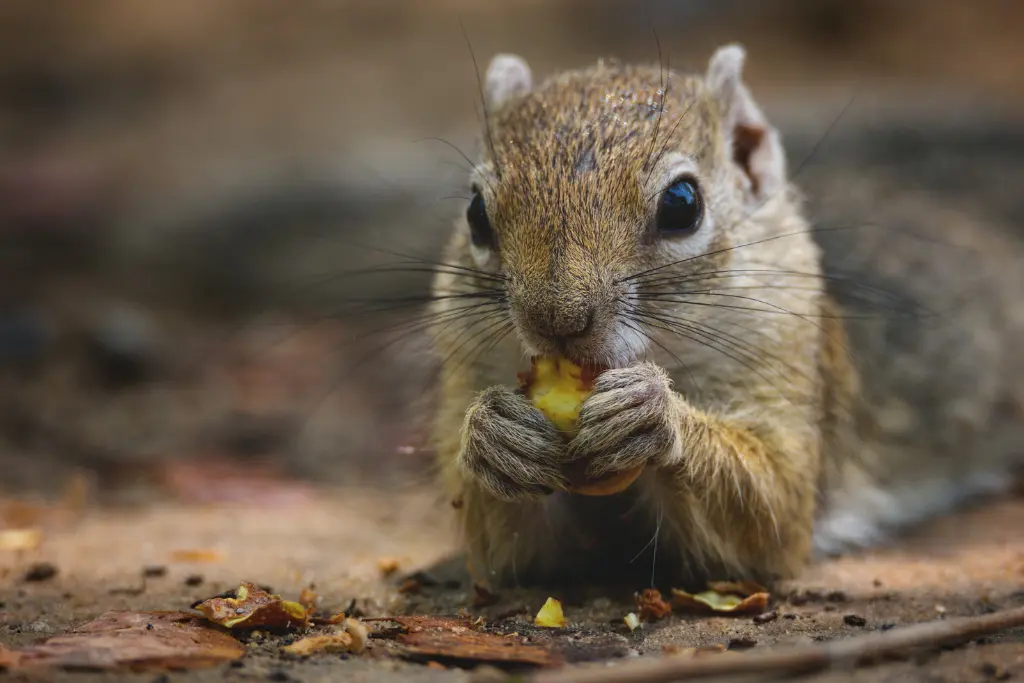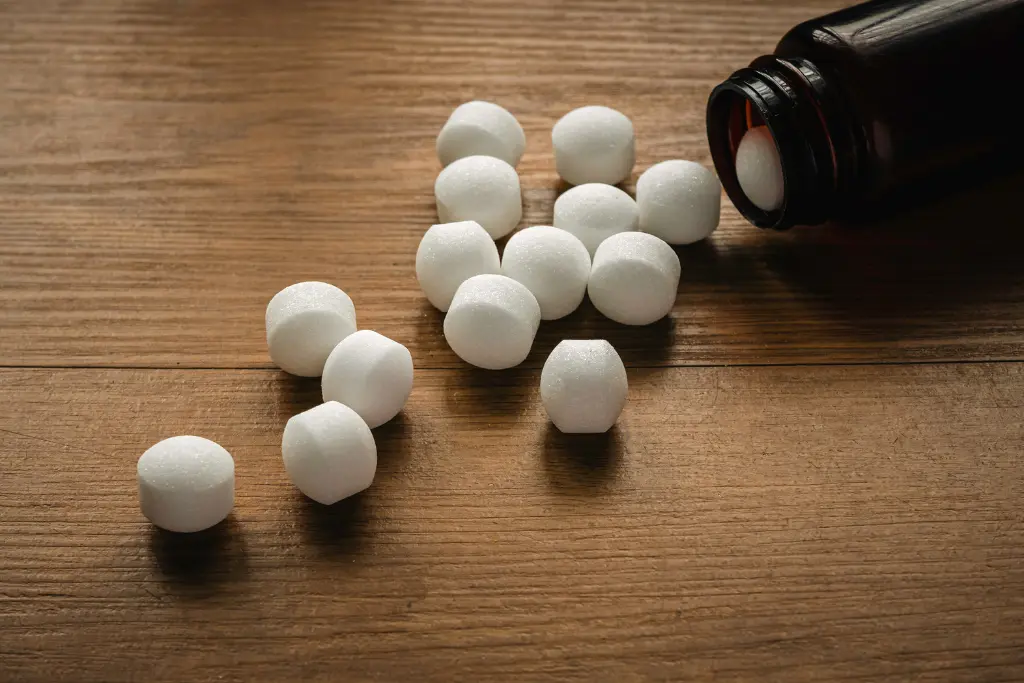Squirrels are charming creatures which can brighten any scene, but when they come and decide to live in our environment the whole situation takes an entirely new dimension- they turn to become nuisances. A lot of times, homeowners look for reliable and gentle methods of keeping these pesky animals away. The use of mothballs to deter squirrels has been circulating as one popular solution for decades. However, are they real deterrents on these critters, or simply a myth? Now, let’s talk about how this folk medication has worked for centuries and how much of it is real.
Understanding the Relationship Between Mothballs and Squirrels
Understanding Mothballs
Mothballs commonly contain chemicals like naphthalene or paradichlorebenzene with powerful smell and insect repellent effect. Mothballs release harmful gases, with a primary purpose of creating antagonistic atmosphere for moths and any kinds of insects destructive towards textiles. However, the question arises: do these drugs affect the squirrel species?
Mothballs and Squirrels: A Curious Connection
Initially, the concept of using mothballs may sound weird as it may be perceived as being out of place. This is true since it is commonly known that mothballs are mainly used as repellents for moth larvae and not as a way of destroying such larvae. On the other hand, the concept of moth balls keeping away squirrels has got traction since then and the home owners are curious if there is a humane way of persuading the crafty animals from making their houses inside their sheds or in their backyards.
Will Mothballs Keep Squirrels Away?
The query that most people are asking themselves is if mothballs can really keep away squirrels. Proponents of this approach are always true believers, yet we need to look into why they may be right. Mothballs are often touted as an effective way to deter squirrels from your home and garden. However, this is simply not true. Mothballs are ineffective at repelling squirrels and can even be harmful to humans and pets.
Why Mothballs Don’t Work
Naphthalene, a strong smelling chemical that keeps off the moths, is found in mothballs. Nevertheless, squirrels do not react strongly to the scent of naphthalene. Surprisingly, some squirrels might even find it tasty. Besides, naphthalene is an adverse substance which can be dangerous for both people and animals when swallowed or breathed. Naphthalene poisoning affects children in a special way.
Considering Alternatives
Mothballs and Chipmunks: A Comprehensive Look
Although squirrels have been mainly affected by mothballs, one could argue if other little animals like chipmunks can also suffer from this poisonous substance. It would be necessary for home owners, who would want to maintain their balance on keeping away from vermin while safeguarding their environment too, to understand the wider aspects of how moth balls can affect their outdoors.
The Usage of moth balls to keep away squirrels. Exploring Alternatives
It is vital to consider non-mothball alternatives in search of effective and compassionate squirrel repellents. Homeowners can choose from different types repellents to physical barriers. Now we are going to discuss different solutions and consider both their positive sides and disadvantages in order to make our manual as thorough as possible for anyone wishing to have a squirrel-free house.
Potential Risks and Environmental Concerns
However, when using mothballs as a squirrel deterrent, it’s important to take into account any possible side effects and environmental issues that may come up. Mothballs are composed of substances which are toxic depending on amounting consumption by people or dog pets. Additionally, misuse of mothballs like spreading them outdoors contributes to water and soil degradation.

Alternative Squirrel Deterrents
Natural Repellents:
As an alternative, you may employ natural ingredients such as cayenne pepper, garlic, and predator urine as squirrel repellents. Such possibilities are environmentally cleaner and still work perfectly well.
Physical Barriers:
Put up physical barriers, such as wire mesh or netting, in vulnerable areas such as gardens and bird feeders. Since squirrels can climb well, make sure that all required barriers have been installed correctly and close all possible holes or entryways.
Humane Traps:
You may use humane traps to catch and move the squirrels far from your property. This provides a humane way of addressing the problem of unwelcome wild animals.
Bird Feeders with Squirrel Guards:
Acquire squirrel proof feeders for birds to ward off these quick animals from getting their hands on the bird food. With this method, you can enjoy bird watching while at the same time not giving in your bird feed to the unsuspecting squirrels.
Frequently Asked Questions
What Smell is Repulsive to a Squirrel?
The ability to understand what squirrels like in terms of scent is an important consideration for successful repellents. These include the pungent scents of various plants and spices which these animals detest more than anything else. In particular, peppermint, cayenne pepper, and garlic have been shown to discourage these furry intruders.
The Best Homemade Squirrel Repellent
Those people who prefer nature’s alternatives should make homemade squirrel repellents into their game changer. You can spray a simple solution of water, dish soap, and cayenne pepper on plants or areas frequented by squirrels. It is safe for use in plants but lethal to cockroaches.
How to Use Squirrel Repellent Balls
When choosing a commercial repellent ball, it is pertinent to follow all instructions properly so as to achieve the desired outcome. Position these commercial squirrel repellent balls in areas with pest activity problems like garden beds, shed and attic. Change the balls regularly to maintain the deterring force.
How many years do mothballs survive in open air?
Mothballs do not work as they should when exposed to the outside environment. With time, chemicals are broken down by rain and sunlight making them weak and not effective anymore. For those who have decided to apply mothballs outdoors, they should anticipate substituting them constantly in order to ensure lasting effectiveness.
Conclusion
The efficacy of mothballs as a deterrent for squirrels in the context of pest control is still debated. It is an age-old recipe that some people believe in while others question its scientific validity. However, it is evident that effective measures such as taking into account innate behaviors coupled with the relevant climatic effects will produce long-term outcomes on the issue of mothballs and squirrels.

